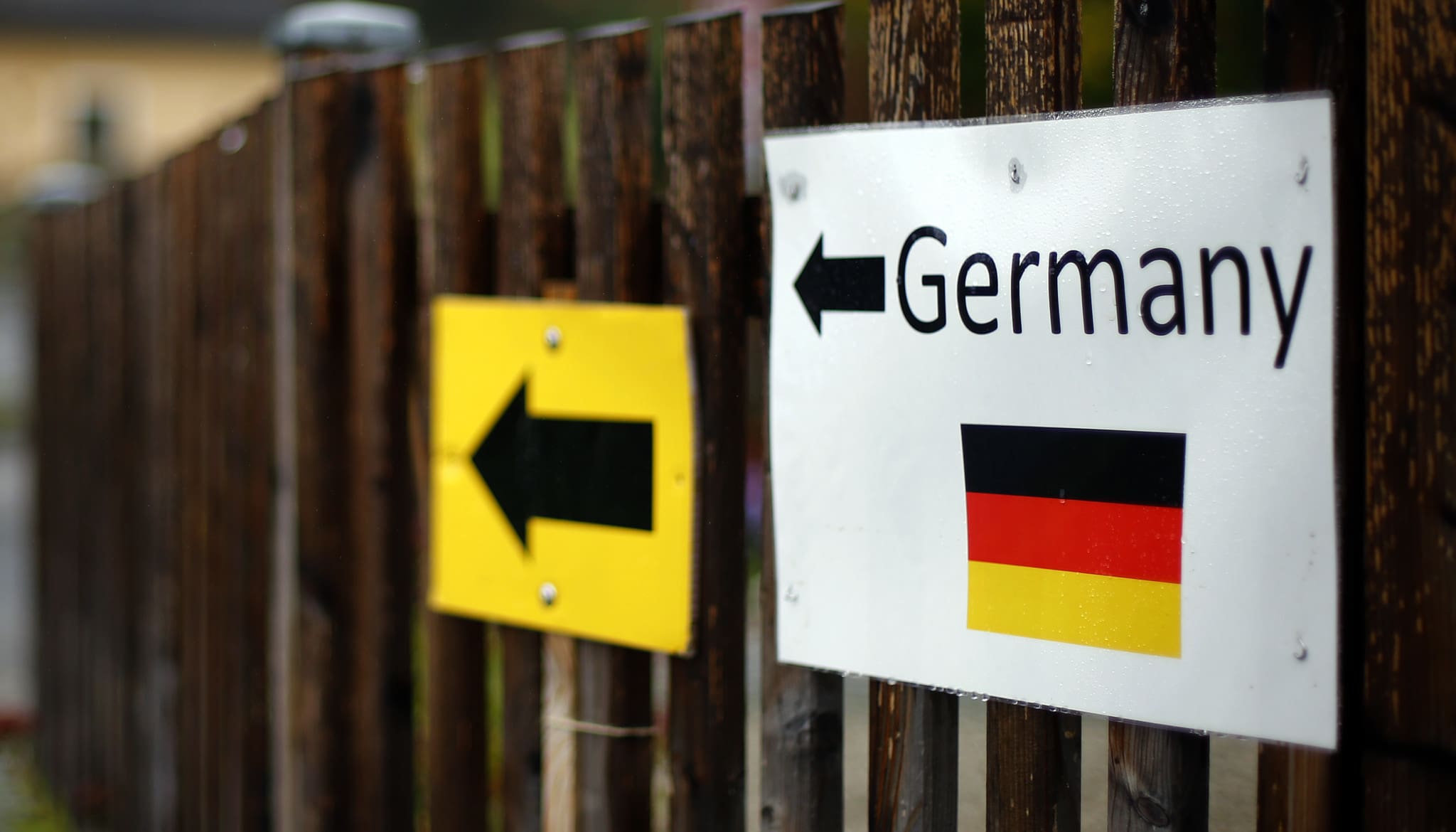New polling data shows the tide is turning against the German government’s liberal immigration policy, with two-thirds of Germans saying they want to accept fewer refugees. In what is perhaps an even bigger blow to Germany’s ruling left-liberals, a large majority say that immigration brings more disadvantages than advantages.
According to the state-run ARD-DeutschlandTrend poll, 64 percent of Germans want the country to take in fewer immigrants.
More importantly, the same number, 64 percent, say that Germany faces more disadvantages than advantages when it comes to immigration.
The poll also shows that skepticism of immigration is growing across all parties, including those on the left, as school standards crash, waiting times for doctors grow, the housing crisis accelerates, and crime proliferates, all due in large part to mass immigration.
The poll also shows that 73 percent say that the distribution and housing of migrants in Germany is done rather poorly or very poorly, while only 19 percent think it works very well or fairly well, which is a substantial change from 2018 when 43 percent believed that housing and distribution worked well. In addition, 78 percent believe that the integration of migrants into society and the job market is either very poor or rather poor.
In the area of deportations, which the German government has struggled with for years, 80 percent of Germans say that the deportation of rejected refugees is done rather poorly or very poorly.
[pp id=75113]
These shifting attitudes on immigration may account, at least in part, for the surge in popularity of the anti-immigration Alternative for Germany (AfD) party, which has championed strict border controls and mass deportation. The poll shows that 82 percent of Germans want increased border controls, while 69 percent believe that Algeria, Morocco and Tunisia should be designated as safe countries of origin, which would help facilitate deportations.
The poll shows the disconnect between democratic sentiment and what politicians deliver year after year on the issue, with 71 percent of Germans saying there should be an upper limit on the amount of refugees taken in, while the government refuses to introduce such a measure, arguing it would be against “international law.” While the AfD wants far stricter immigration controls, the Christian Socialists (CSU), a party largely responsible for Germany’s ongoing immigration crisis along with its sister CDU party, is also putting forward the idea of an immigration cap.
The political disconnect from the European citizenry may be fueling questions around democracy itself, with Germans generally favorable of democracy as a political model but deeply unsatisfied with how it actually operates in their country. In the east of Germany, while 77 percent say they support democracy as a good political model, that means nearly a quarter either do not support democracy or do not know if it is a good political model.
The poll also showed that 55 percent of Germans are not satisfied with how democracy works in the country, an increase of 8 points from October 2022. Regarding this result, two-thirds in the east of Germany say they are not satisfied, while 52 percent in the west say they are not satisfied.
The poll could not only spell serious trouble for the issue of migration, which is costing Germany at least €36 billion this year alone, but for democracy itself. Notably, prominent members across the German political establishment, including Chancellor Olaf Scholz, are either pushing for an outright ban of the Alternative for Germany party or voicing support for a potential ban. Given the party’s position as the second-largest political party in the country, any potential ban could lead to a collapse in support for democracy, most notably in the east of Germany, which could lurch the country into a deep political crisis.






